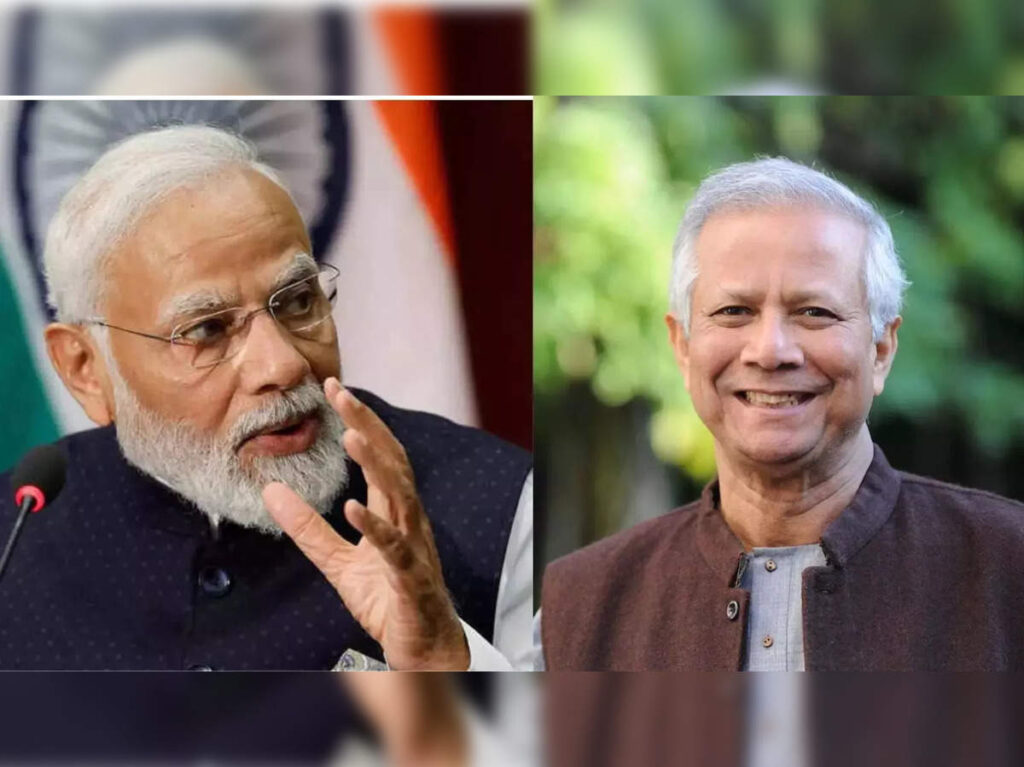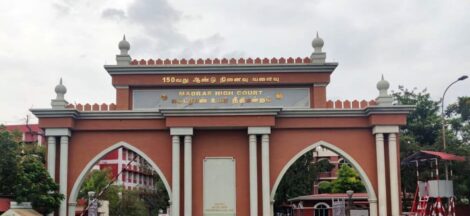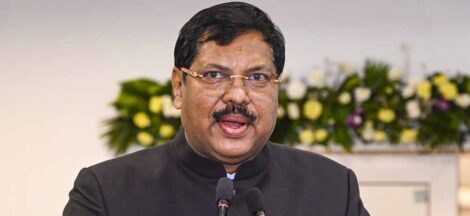Indian Prime Minister Narendra Modi and Bangladesh’s interim Chief Adviser Muhammad Yunus convened their inaugural meeting on the sidelines of the Bay of Bengal Initiative for Multi-Sectoral Technical and Economic Cooperation Summit in Bangkok. This dialogue marks a significant attempt to address the escalating tensions that have characterized India-Bangladesh relations following the ousting of former Prime Minister Sheikh Hasina.
Sheikh Hasina, who led Bangladesh for 15 years, fled to India in August 2024 amid massive student-led protests that culminated in her removal from power. The interim government, led by Nobel laureate Muhammad Yunus, has since sought her extradition to face charges related to alleged crimes during her tenure. India, however, has shown no inclination to comply with these requests, leading to a diplomatic impasse.
The meeting between Modi and Yunus is particularly noteworthy given the backdrop of strained bilateral ties. India’s decision to grant asylum to Hasina has been a point of contention, with Dhaka formally requesting her return to face judicial proceedings. Despite these requests, New Delhi has remained non-committal, further complicating the diplomatic landscape.
Complicating matters further, reports have emerged of over 100,000 members of Hasina’s Awami League seeking refuge in India, a claim that underscores the political volatility in Bangladesh. The interim government has accused Hasina of orchestrating conspiracies from abroad, an allegation that adds another layer of complexity to the already fraught relations between the two nations.
The BIMSTEC Summit provided a platform for both leaders to engage in dialogue aimed at mending ties. Observers note that the seating arrangement at the summit’s official dinner, which placed Modi and Yunus side by side, was symbolic of a potential thaw in relations. However, substantive outcomes from their discussions remain to be seen.
India’s strategic interests in Bangladesh are multifaceted, encompassing economic, security, and geopolitical dimensions. The rise of Islamist influence in Bangladesh and incidents of violence against Hindu minorities have been sources of concern for New Delhi. Furthermore, Bangladesh’s growing closeness with Beijing has prompted India to recalibrate its diplomatic approach to maintain its influence in the region.
For Bangladesh, the interim government’s primary challenge lies in restoring stability and addressing the grievances that led to the mass protests. Yunus has pledged to hold free and fair elections by March 2026, a commitment that is being closely monitored by both domestic and international stakeholders. The political landscape remains volatile, with the main opposition party warning of potential instability if elections are delayed beyond December.




 BJP Demands Apology from Sonia Gandhi over Waqf Bill Remarks
BJP Demands Apology from Sonia Gandhi over Waqf Bill Remarks 